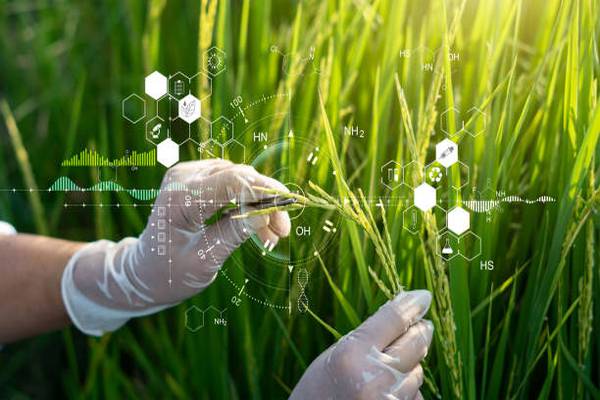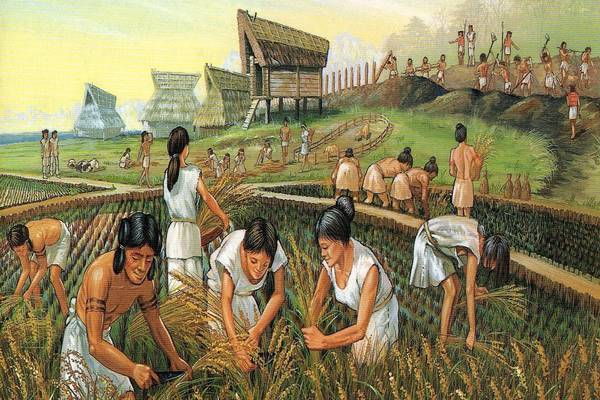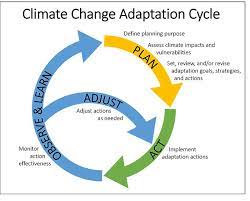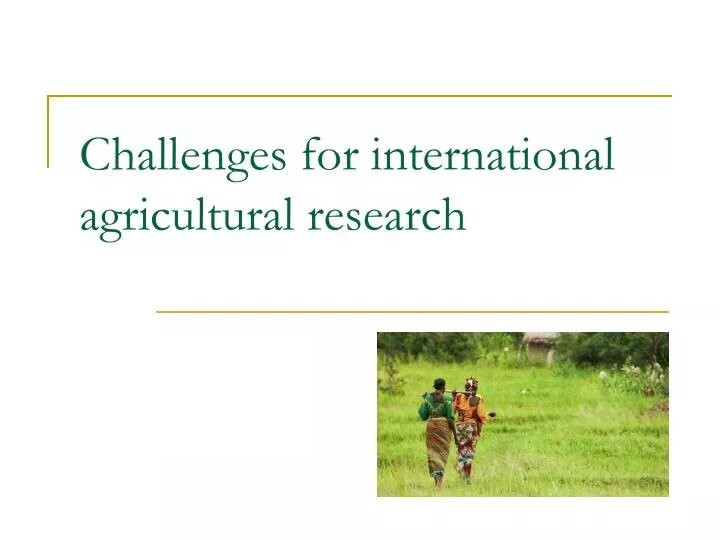Agricultural Research: A Key Player In Shaping The Future Of Farming
Drafted by: vijaychourey26@gmail.com
Agriculture has been the cornerstone of human civilization since time immemorial, providing sustenance, economic growth, and a way of life for countless communities. However, the challenges facing modern agriculture are more complex than ever before, from climate change to population growth. In this context, the role of agricultural research becomes indispensable, serving as a guiding light towards sustainable and efficient farming practices.
Evolution Of Agricultural Research
Agricultural research has come a long way from trial-and-error farming methods. The integration of science and technology has revolutionized how we approach farming. Researchers and scientists are now working hand in hand with farmers to develop innovative solutions that address the diverse challenges faced by the agricultural sector.
The Importance Of Research In Modern Farming
Enhancing Crop Yields and Quality
One of the primary objectives of agricultural research is to develop crops that yield higher outputs while maintaining nutritional value. Researchers work on breeding techniques, genetic modifications, and agronomic practices to achieve this goal. Through these efforts, farmers can produce more food on limited land, thus contributing to food security.
Developing Resilient Varieties
Agricultural research plays a crucial role in developing crop varieties that can withstand environmental stressors, such as drought, pests, and diseases. By creating resilient plants, researchers empower farmers to combat unpredictable challenges and reduce crop losses.
Precision Agriculture Techniques
Modern agriculture relies on precision techniques enabled by research-driven technologies. These techniques involve using data, sensors, and satellite imagery to optimize planting, irrigation, and fertilizer application. Precision agriculture not only enhances yields but also minimizes resource wastage.
Sustainable Farming Practices
Soil Health Management
Research emphasizes sustainable soil management practices that enhance soil health and fertility. Techniques like cover cropping, crop rotation, and organic matter incorporation promote soil structure and nutrient availability.
Pest and Disease Management
Through extensive research, strategies for integrated pest and disease management have been developed. These approaches prioritize natural predators, resistant crop varieties, and biopesticides, reducing the reliance on chemical interventions.
Water Conservation Strategies
Agricultural research pioneers water-saving techniques such as drip irrigation and rainwater harvesting. These strategies optimize water use and contribute to water conservation, especially in water-scarce regions.
Addressing Global Food Security
Agricultural research plays a pivotal role in ensuring global food security. By introducing high-yielding crop varieties, sharing best practices, and promoting sustainable farming, research helps bridge the gap between food demand and supply.
Climate Change Adaptation
Breeding Climate-Resilient Crops
The changing climate poses significant challenges to agriculture. Research focuses on breeding crops that can thrive in altered climatic conditions, ensuring food production in the face of uncertainty.
Mitigating Greenhouse Gas Emissions
Researchers explore methods to reduce agriculture's environmental footprint, including minimizing greenhouse gas emissions. Sustainable practices like reduced tillage and agroforestry contribute to this effort.
Technology Integration In Agriculture
Role of Big Data and AI
Modern agriculture leverages big data and artificial intelligence to make informed decisions. Satellite imagery, weather forecasts, and soil data enable farmers to optimize resource allocation.
Smart Farming Technologies
Research drives the development of smart farming technologies such as automated machinery, drones, and sensor networks. These technologies enhance efficiency and reduce labor demands.
Collaboration And Knowledge Sharing
International Research Partnerships
Agricultural research thrives on collaboration between nations. International partnerships facilitate the exchange of knowledge, germplasm, and technologies that benefit diverse agricultural systems.
Farmer Engagement and Knowledge Transfer
Researchers work closely with farmers, sharing insights and best practices directly. This knowledge transfer enhances the adoption of research findings at the grassroots level.
Challenges In Agricultural Research
Funding and Resources
Adequate funding and resources are imperative for impactful research. Sustained investments are necessary to address emerging challenges and develop innovative solutions.
Ethical Considerations
As research delves into genetic modifications and biotechnology, ethical concerns arise. Striking a balance between innovation and ethical considerations is crucial.








